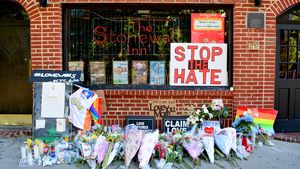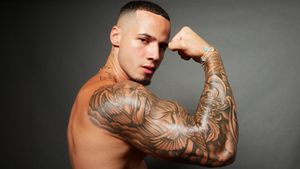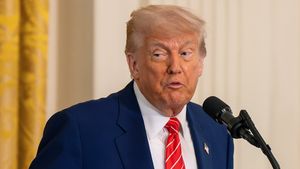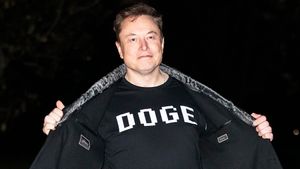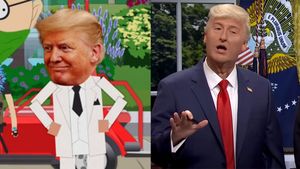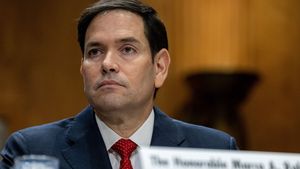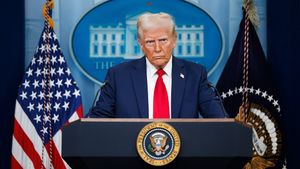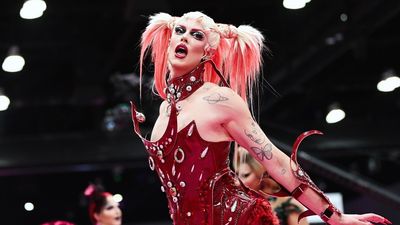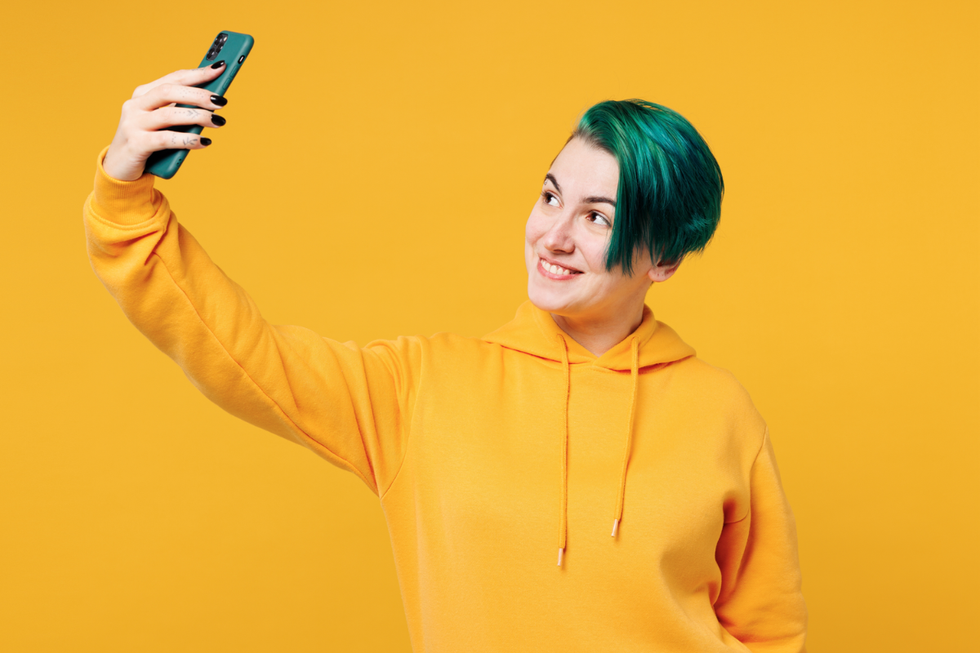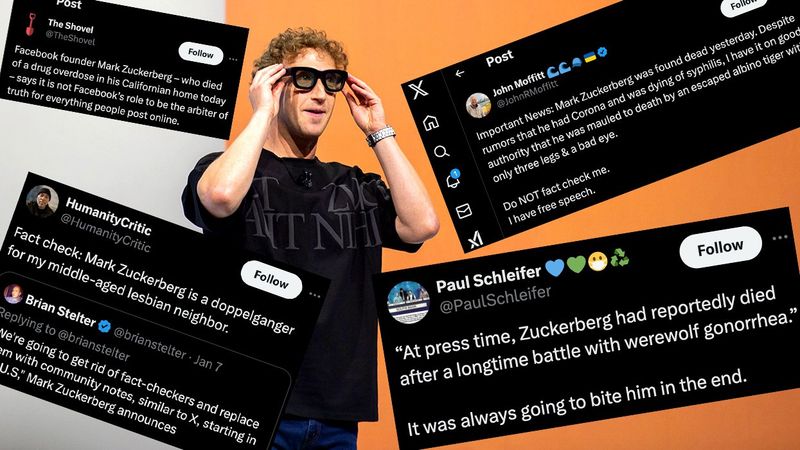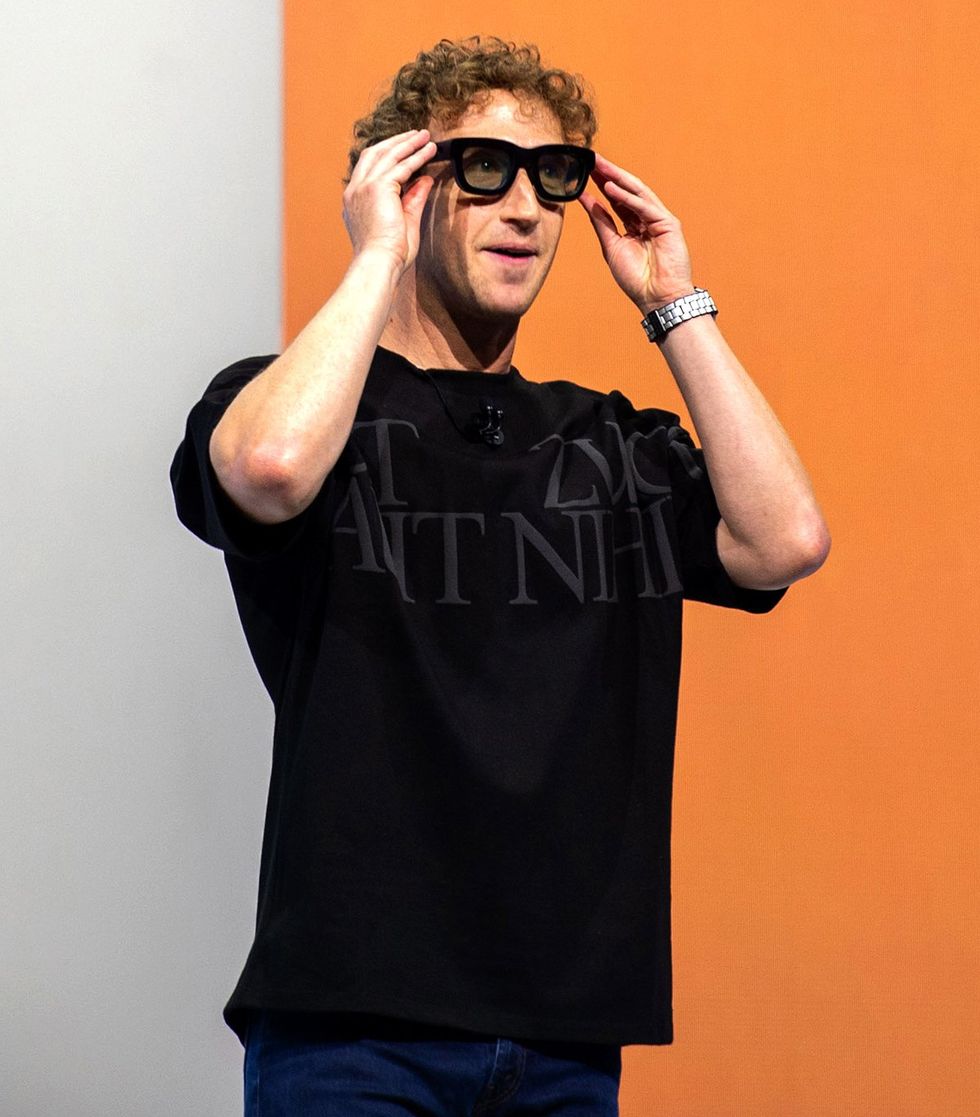The Supreme Court has upheld a law banning TikTok in the United States.
As of Jan. 19, U.S.-based users will no longer be able to download or use the popular short-form video platform, though TikTok and President-elect Donald Trump have stated they are currently discussing a solution to keep the app operational. Here's everything you need to know about the TikTok ban.
And here's everything you need to know about finding an alternative.
Why is TikTok being banned?
The U.S. Supreme Court recently upheld a law that requires ByteDance, TikTok’s China-based parent company, to sell the app or face a nationwide ban. Passed in Congress with bipartisan support and signed by President Joe Biden, the "Protecting Americans from Foreign Adversary Controlled Applications Act" requires ByteDance, TikTok’s China-based parent company, to sell the app or face a nationwide ban.
ByteDance has said it will start the process of shutting down TikTok’s U.S. operations on Jan. 19. Lawmakers have argued that the app poses national security risks because of its foreign ownership, but opponents of the ban argue the move infringes on the First Amendment right to free speech.
What did the Supreme Court say about the TikTok ban?
The Supreme Court wrote in a unanimous decision that the ban does "not violate [TikTok's] First Amendment rights," as it "further[s] an important government interest unrelated to the suppression of free expression and do[es] not burden substantially more speech than necessary to further that interest."
"There is no doubt that, for more than 170 million Americans, TikTok offers a distinctive and expansive outlet for expression, means of engagement, and source of community. But Congress has determined that divestiture is necessary to address its well-supported national security concerns regarding TikTok's data collection practices and relationship with a foreign adversary."
Is TikTok really a national security threat?
While lawmakers have claimed they cannot release much of their evidence proving TikTok's threat to security due to it being classified, experts say that the app isn't any more invasive than other social media platforms. A 2021 study by the University of Toronto’s Citizen Lab found that TikTok's data harvesting is nearly identical to that of Facebook or Instagram, and an investigation into the app by the C.I.A. found no concrete evidence of Chinese authorities using users' data, according to The New York Times.
Notably, other China-based apps have not been subject to the same scrutiny, including Shein, Temu, and RedNote.
Can TikTok be used after the ban?
ByteDance plans to completely shut down TikTok in the U.S. once the ban takes effect on Jan. 19, Reuters reports, even though the app could have theoretically remained operational on personal devices that had already downloaded it. However, the app would not have been able to continue indefinitely without updates, which ByteDance would have no longer been able to deploy.
What did Donald Trump say about the TikTok ban?
Trump voiced support for the decision on Truth Social while simultaneously stating that he had not yet made a "decision on TikTok."
"The Supreme Court decision was expected, and everyone must respect it," Trump wrote. "My decision on TikTok will be made in the not too distant future, but I must have time to review the situation. Stay tuned!"
President Joe Biden's administration said it would not be enforcing the ban for the one day it is in effect during his term, stating: "Given the sheer fact of timing, this Administration recognizes that actions to implement the law simply must fall to the next Administration, which takes office on Monday."
What did TikTok say about the ban?
TikTok CEO Shou Zi Chew said in a video message posted to the platform that he and Trump were working on a solution to keep the platform operational in the U.S.
“On behalf of everyone at TikTok and all our users across the country, I want to thank President Trump for his commitment to work with us to find a solution that keeps TikTok available in the United States,” Chew said. “This is a strong stand for the First Amendment and against arbitrary censorship.”
“We are grateful and pleased to have the support of a president who truly understands our platform — one who has used TikTok to express his own thoughts and perspectives, connecting with the world and generating more than 60 billion views of his content in the process," he continued.
What do TikTokers think of the ban?
Many TikTok creators have raised concerns about the effect such a ban has on their right to free speech. Others have highlighted the law's troubling legal journey. V Spehar, the nonbinary journalist behind Under the Desk News, recently told The Advocate that the ban "isn’t just about TikTok, it’s about the government setting a precedent that platforms can be shut down without evidence or due process.”
“The case relied on secret evidence — documents that weren’t even shared during discovery,” they said. “And the court ruled, ‘We don’t even need to see the evidence because Congress says so.’ That kind of deference to government say-so over a trial or hard proof is terrifying.”
“Losing TikTok isn’t just losing an app; it’s losing a platform that amplifies voices traditional media often ignores,” Spehar continued. “It’s a place where queer people, women, and people of color hold the most power right now.”















